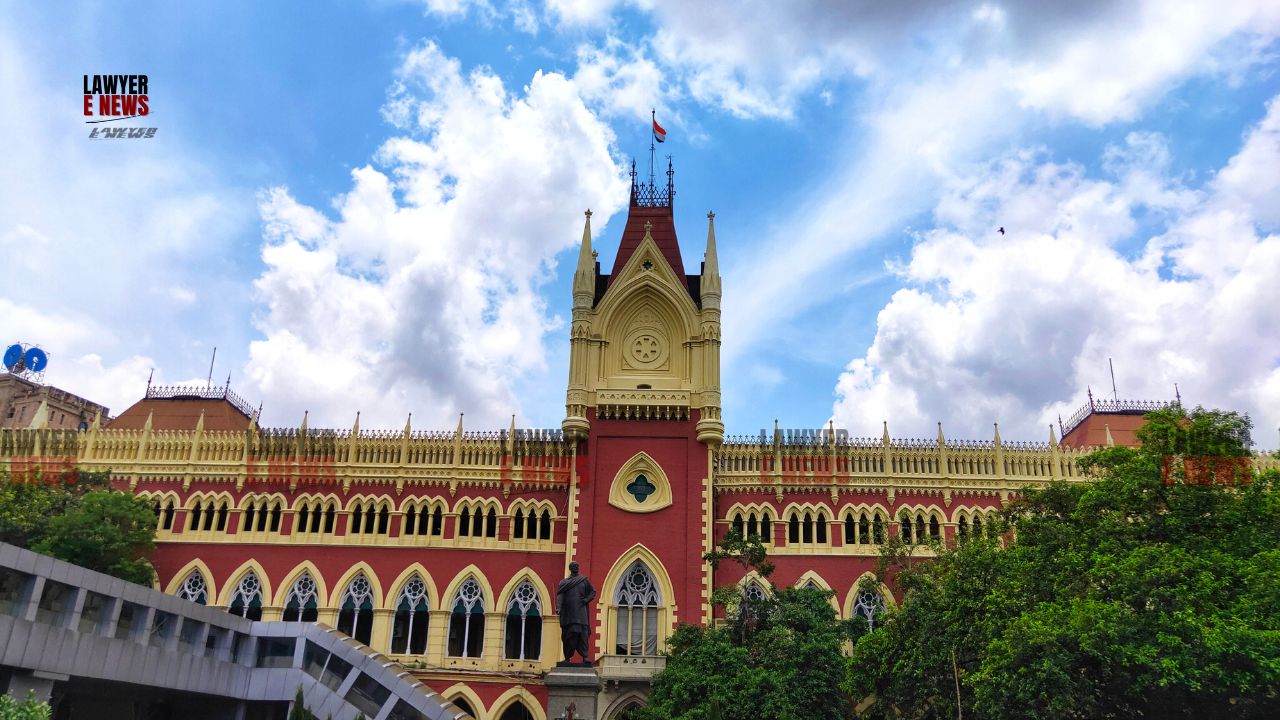-
by Admin
15 February 2026 5:35 AM



In a significant judgment, the High Court of Calcutta, under the Criminal Revisional Jurisdiction, has quashed the criminal proceedings against Basudev Sarkar and another petitioner under the Scheduled Castes and Scheduled Tribes (Prevention of Atrocities) Act, 1989. The court found that the complaint was motivated by a personal grudge stemming from a property dispute. Justice Suvra Ghosh delivered the judgment, emphasizing that the continuation of such proceedings would amount to an abuse of the process of law.
The petitioners, Basudev Sarkar, a retired Central Government employee, and a school teacher, sought the quashing of Special Case No. 101 of 2022. This case arose out of a property dispute and was linked to allegations under Section 3(1)(u) of the SC/ST Act. The petitioners contended that the complaint was filed as a counterblast to a civil suit over land ownership and was intended to harass them. They argued that the complaint did not constitute an offense under the SC/ST Act and allowing the proceedings to continue would be unjust.
Nature of Allegations and Material on Record:
The court closely examined the nature of the allegations and the material on record. It noted that the complaint was rooted in a long-standing property dispute between the parties. The court observed that several civil litigations were pending over the title and possession of the land, and the criminal complaint was an extension of these disputes.
Justice Suvra Ghosh remarked, “The lodging of such a complaint with malafide intention and an ulterior motive for wreaking vengeance on the petitioners due to personal grudge cannot be ruled out.” The court emphasized that the allegations did not constitute an offense under the SC/ST Act unless motivated by caste discrimination, which was not evident in this case.
The court scrutinized the statements of witnesses, noting that the corroboration for the allegations came primarily from the complainant’s relatives, while independent witnesses only referred to the ongoing land dispute. “The independent witnesses have only referred to the land dispute,” the court observed, highlighting the lack of substantial evidence supporting the claim of caste-based discrimination.
The court reiterated the principles for exercising powers under Section 482 of the Code of Criminal Procedure to prevent abuse of process. It emphasized that in cases where the criminal proceedings are manifestly attended with malafide and instituted with ulterior motives, the court should exercise its inherent powers to quash such proceedings. Citing precedents, the court stressed the need to examine the FIR and attendant circumstances with care to discern any underlying malafide intentions.
Justice Suvra Ghosh stated, “A principal dispute between a vulnerable section of the society and an upper caste person and consequential altercations/abuse does not amount to an offense under the 1989 Act unless it is only on account of the person being a member of a scheduled caste. It is not the case herein.”
The judgment by the High Court of Calcutta underscores the judiciary’s vigilance against the misuse of legal provisions intended to protect marginalized communities. By quashing the proceedings, the court has sent a clear message against the exploitation of the SC/ST Act for personal vendettas arising from civil disputes. This decision is expected to reinforce the principles of justice and prevent the abuse of legal processes in future cases.
Date of Decision: July 16, 2024
Basudev Sarkar & Anr. Vs. State of West Bengal & Ors.
